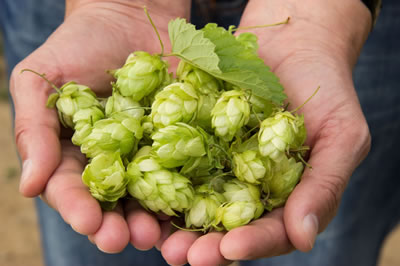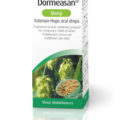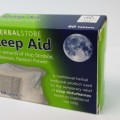Hops
 Hops (Humulus lupulus) grow at altitudes of up to 1500m in the hedgerows and forests of Europe. The tough twisting stem of this climbing perennial bears heart-shaped leaves divided into sharply indented lobes.
Hops (Humulus lupulus) grow at altitudes of up to 1500m in the hedgerows and forests of Europe. The tough twisting stem of this climbing perennial bears heart-shaped leaves divided into sharply indented lobes.
Male and female flowers grow on different plants, the female ones producing the familiar decorative cones. Once dried, these cones have an aromatic taste and are mainly used in brewing but are also made into infusions, powders and extracts for medicinal use.
History of Use
Often associated with traditional English beer, hops were introduced to the UK from Germany in the 16th century. Enthusing about the hop’s many virtues, John Gerard writing in 1597 urges that, ‘beer be considered a physical drink to keep the body in health rather than an ordinary drink for the quenching of our thirst’. While earlier in 1562, William Turner in his ‘A New Herball’ was amazed that, given the herb’s numerous properties, physicians did not ‘use it more in medicine’.
Over the years the sedative and sleep-inducing properties of hops have been confirmed by studies to be useful in the treatment of stress, anxiety and irritability, as well as insomnia. They are often found combined with other sedative remedies such as passionflower.
 Since April 2014, all herbal medicines for sale in the UK and Europe must be approved by the Medicines & Healthcare Products Regulatory Agency (MHRA) having been rigorously checked for safety and quality. They must also display the Traditional Herbal Registration ‘THR’ logo on their pack.
Since April 2014, all herbal medicines for sale in the UK and Europe must be approved by the Medicines & Healthcare Products Regulatory Agency (MHRA) having been rigorously checked for safety and quality. They must also display the Traditional Herbal Registration ‘THR’ logo on their pack.
Registered herbal medicines containing hops are used today for the temporary relief of sleep disturbances due to symptoms of mild anxiety based on traditional use only.
The following products contain Hops
Dormeasan Sleep Valerian-Hops Oral Drops
Dormeasan Sleep is a traditional herbal medicinal product used for the temporary relief of sleep disturbances resulting from mild anxiety. Based on traditional use only. Read more
Herbal Store Sleep Aid
A traditional herbal remedy to promote a natural calming sleep. Read more
